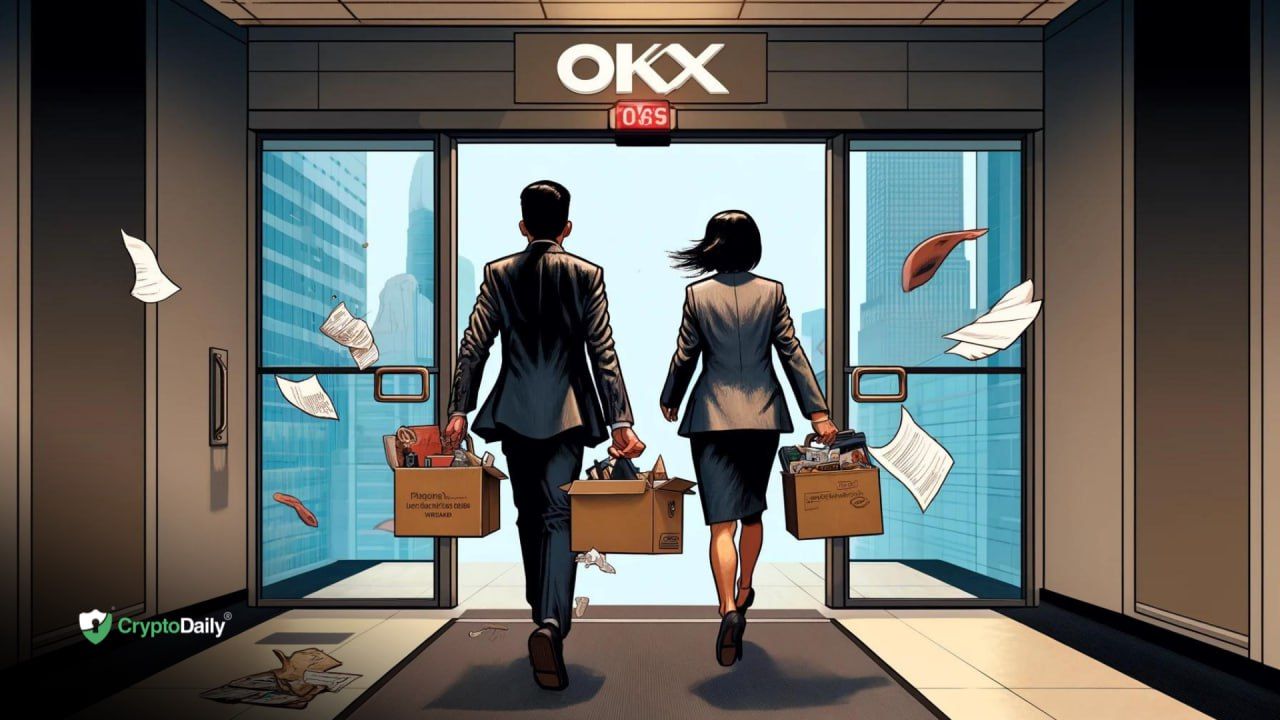Table of Contents
- Limited Resources Crippling Miner Exodus
- Data Centers Scramble For Hosting Space And Power
- Smaller Miners Suffering From Lack Of Resources
Chinese Bitcoin miners looking to move their operations to other countries are now facing logistical concerns of procuring space and power. Smaller miners are doubtful if they will be able to move at all.
Limited Resources Crippling Miner Exodus
Following the crypto crackdown in China, Bitcoin miners are shutting down operations entirely or looking to move base to other countries. The demand is high for tolerant authorities, low temperatures to prevent machines from overheating, and cheap and sufficient electricity.
Many industry leaders have hailed the exodus as the dawn of mining diversification in the long run. However, in the short term, miners moving overseas are being crippled by limited resources of data centers and other logistical challenges.
Data Centers Scramble For Hosting Space And Power
Moscow-based BitRiver, which operates data centers in Siberia hosting bitcoin miners, has accelerated plans to build new facilities and expand existing ones to meet some of the demand from those leaving China.
Compute North, which runs data centers hosting bitcoin miners in Texas, Nebraska, and South Dakota, is accelerating expansion plans slated for next year to meet the massive influx of inquiries from China. Compute North's Chief Executive Dave Perrill said,
"We are targeting the first and second quarter of 2022 for large scale deployments ... (but) it's not a simple switch, it takes a lot of complex engineering, procurement and construction."
There is even a shortage of hosting space. Countries like Kazakhstan, which have been considered by many of these miners, do not have enough ready-to-use space in data centers to host them. According to Didar Bekbauov, Co-founder of Kazakhstani hosting center Hive Mining, there have been daily inquiries from potential Chinese clients regarding prices, availability, and regulations.
Smaller Miners Suffering From Lack Of Resources
As per Thomas Heller, the chief business officer of Compass Mining, miners would need to collect machines from all over China, prep them for packing, ship them abroad, and get through customs before installation. This would be incredibly challenging for smaller or individual miners who do not have the cash at hand to pay for shipping and are also unfamiliar with the logistics of working overseas. Dave Perrill further noted:
"There's no doubt in my mind that we're going to see a lot of computers sitting in warehouses for the next 6, 9, 12 months as the infrastructure catches up."
Amidst such dire conditions, several industry leaders and experts are opining that there will be very little or zero mining activities happening for these miners over the next couple of months.
Disclaimer: This article is provided for informational purposes only. It is not offered or intended to be used as legal, tax, investment, financial, or other advice.
Investment Disclaimer












